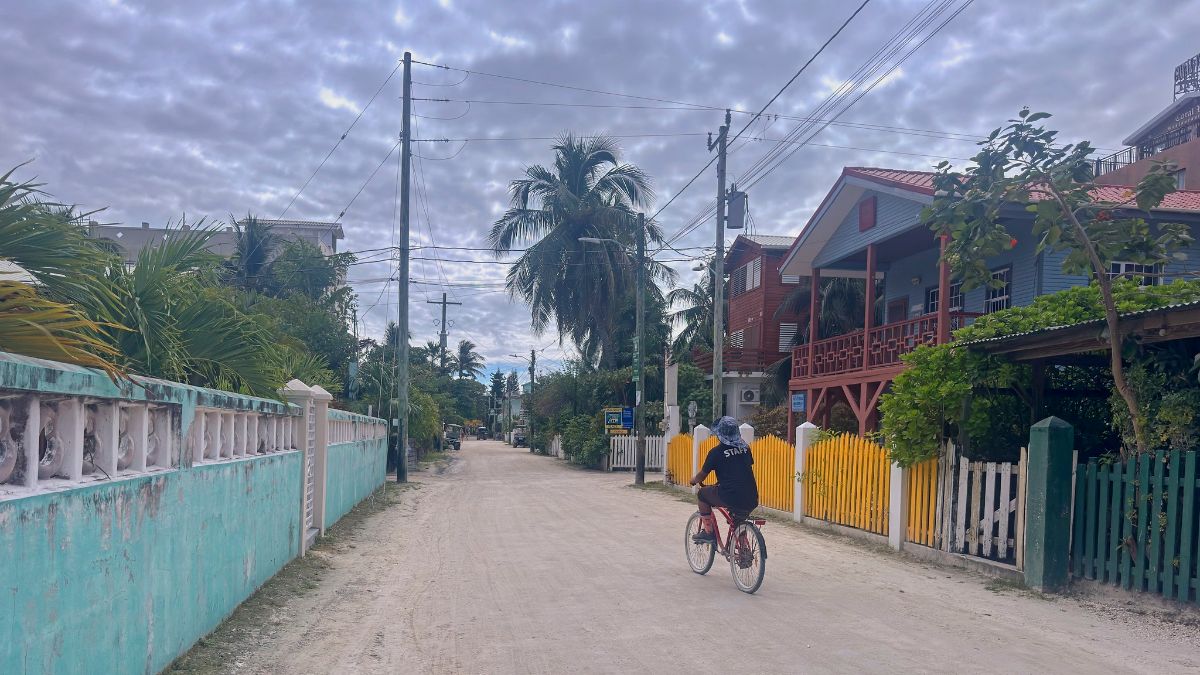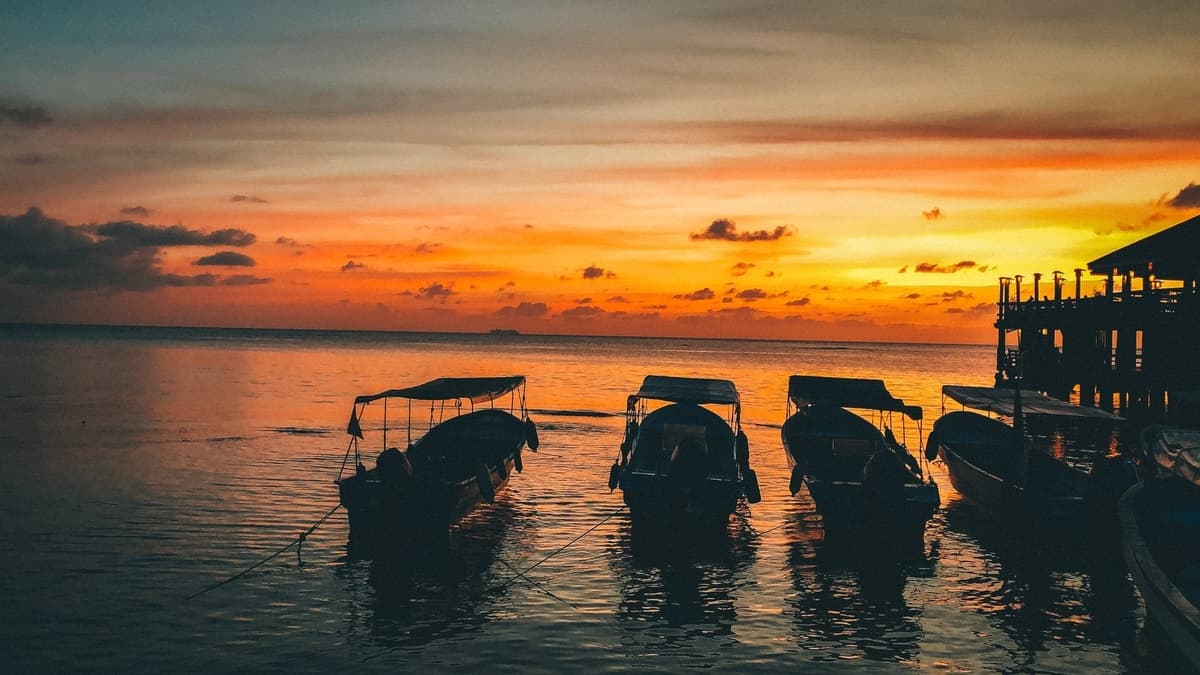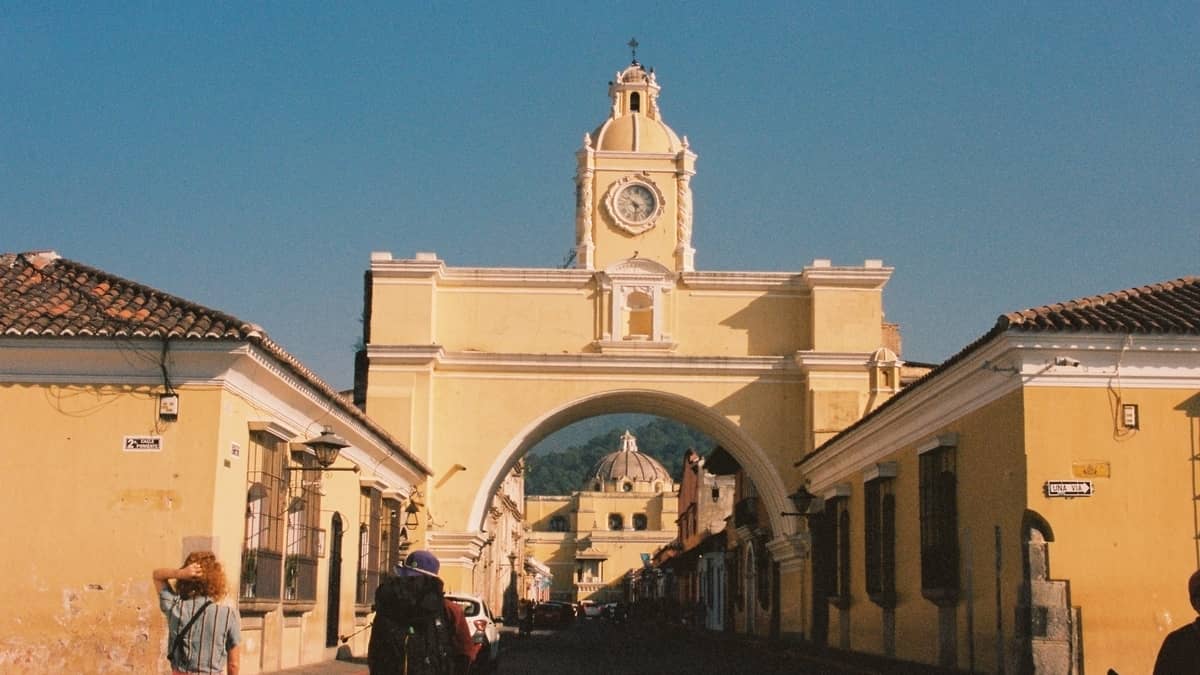Another week and more changes to the proposed Costa Rica QR code mandate set to get underway in January. Plus the Mayor of Garabito voices his opposition to the plan, as the government doubles down on a January 8 start.
Yesterday afternoon, the Ministry of Health announced a delay to the part of the mandate affecting 12-17 year-olds. The original ruling stated that all citizens, residents, and tourists aged 12 and up needed to be vaccinated to enter non-essential businesses or participate in non-essential activities from December 1.
Then they changed to a January 8 start, giving businesses the option of participating fully from December 1 if they wanted. Or, alternatively, they could carry on allowing non-vaccinated customers into their premises as long as they carried on with the current 50% capacity rules.
Como parte de la apertura responsable y gradual, las actividades deportivas, culturales y académicas iniciarán un plan progresivo de aumento de aforo mes a mes, a partir del 1 de diciembre hasta alcanzar el 100% a partir del 1 de marzo.https://t.co/S83Tr8jnD1
— Ministerio de Salud de Costa Rica (@msaludcr) November 11, 2021
To recap exactly what this mandate affects, from December 1 (voluntarily) and January 8 (mandatory), you’ll need to show a QR code proving proof of full vaccination against Covid to enter or participate in the following:
- Restaurants (and any place serving food including sodas, cafes, food courts, food trucks, etc.)
- Bars
- Casinos
- Stores and shopping malls (EXCLUDING supermarkets, pharmacies, banks, and any other place deemed essential)
- Museums
- Fitness centers (gyms, yoga studios, pilates, CrossFit, etc.)
- Accommodations (hotels, hostels, cabinas, etc.)
- Places of worship (churches and church activities)
- Events (business, social, academic, etc.)
- Adventure tourism activities (zip lining, rafting, etc.)
- Theaters, cinemas, art galleries, concerts (any place of artistic expression)
- Sporting activities (watching sports or participating in sports)
As noted, the original ruling said everyone 12 years old and over had to be fully vaccinated to get their QR codes. But now, the Health Ministry has extended the transition period for 12-17 year-olds until January 31.
Anyone in that age group will be exempt from having to get their QR code to show proof of vaccination for the first month. From February 1, they’ll need their QR codes to enter the facilities or take part in the activities listed above. The under-12s will remain exempt for the time being.
The move comes as a possible attempt to offer an olive branch to the tourist industry, which failed this week to convince President Alvarado to postpone the QR code mandate until May.
Speaking yesterday, Minister of Communication Agustín Castro implied that was the case.
“This measure will have a positive impact on the tourism sector, since it will allow tourists to come with their unvaccinated children, because it is not mandatory in their countries, or because of vaccine availability. It will also allow Costa Rican minors to complete their vaccinations in the coming weeks,” he said.
That might well be, but it comes as too little too late for travel companies and hotels who have seen cancellations over the upcoming peak season due to these rules.
It seems the government doesn’t understand how tourism works, and how many people book and pay for their Costa Rican vacations – expensive Costa Rican vacations – in advance. Especially during the December-April high season.
Most of those cancelling are not “anti-vaxxers”, it’s more like their kids aren’t vaccinated yet. When you tell them they can’t stay anywhere or do anything in Costa Rica, then tell them they can after all, at least for an extra month, then they can’t… it gets confusing. So they think “forget it” and demand their money back to go elsewhere.
That was the basic tenet of the tourist sector’s argument about this, a tenet ignored by the government this week.
Presidential candidates, diputados, and candidates for the Legislative Assembly of multiple parties join call to delay the upcoming QR code mandate in Costa Rica. Here’s a quick overview of who’s being saying what. https://t.co/NQyvpnQdQt
— CentralAmericaLiving (@VidaAmerica) November 6, 2021
This week, another powerful voice also added his name to the growing list of political opposition to the vaccine mandate.
Tobias Murillo, the mayor of Garabito, a canton on the Central Pacific coast covering the the tourist town of Jaco, called the QR code decision “devastating.“
He’s urged the government to find another way, saying the mandate hinders the economic recovery of tourist communities. After the closed beaches, closed borders, vehicular restrictions, limited business hours, and everything else, Murillo said his canton could “no longer bear any more occurrences” like this.
Murillo came to national prominence last year, when he forced a backdown from the government when they tried to force more restrictions on his canton, by declaring it an Orange Alert zone. Then he defied the government over pandemic beach closures, refusing to close them at 2:30 PM at the beginning of the year.
He’s become an almost unofficial voice of people living and working in beach communities, reliant on tourism during the pandemic.
Murillo adds his voice to a growing cross-party group of diputados and presidential candidates who have all called for a postponement or cancellation of the QR code.
So far, though, outside of a few changes, these calls seem to be falling on deaf ears.
James Dyde is the editor of centralamerica.com. He lives in Escazu, Costa Rica.




